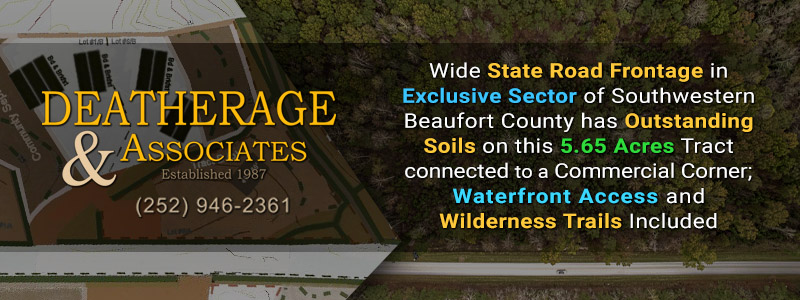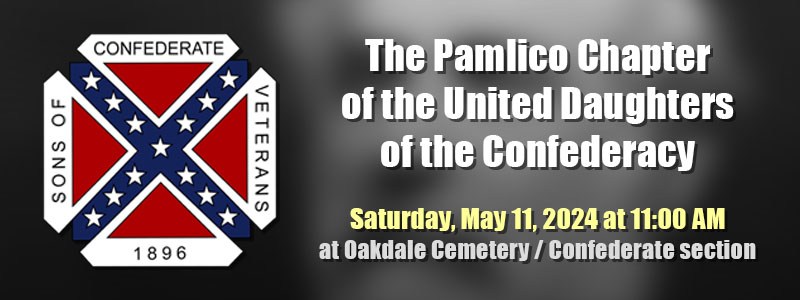In Difficult Times Good People gravitate towards Absolute Truth
Still Time for a Reading Revolution
Publisher's note: This article appeared on John Hood's daily column in the Carolina Journal, which, because of Author / Publisher Hood, is linked to the John Locke Foundation.
 RALEIGH - Every passionate reader has a first literary love - that first book that captured your attention and inspired your desire to explore and understand.
RALEIGH - Every passionate reader has a first literary love - that first book that captured your attention and inspired your desire to explore and understand.
For me, it was a true classic: A Child's History of the World. First published in 1924, the book was the product of the innovative mind of Virgil Hillyer, the Harvard-trained headmaster of the Calvert School in Baltimore. After many years at the helm of the school, Hillyer realized that there were many children whose families couldn't afford tuition but who would benefit from high-quality instruction. So he convinced Baltimore booksellers to sell his curriculum directly to families.
The publication and marketing of A Child's History of the World in the 1920s and 1930s helped spark the development of formal homeschooling in America. The copy I read in the mid-1970s, however, had been rescued by my mother from the dumpster behind the Charlotte public school where she taught.
Hillyer thought that most children could learn far more than commonly thought. They simply needed to be challenged, and to be presented material in an engaging way. His work reflected that sentiment, as do most successful instructional programs.
Unfortunately, North Carolina has had little success improving the reading program in its public schools. Too many teachers (and teachers of teachers) remain wedded to discredited practices. Too many lawmakers devote too many tax dollars to pointless exercises in political theater. And too many families allow kids to do everything except sit down to read.
You can see the results in the data. As I noted in an earlier column, North Carolina experienced sizable gains in reading performance during the 1990s. But by the early 2000s, the trend line flattened out. Only 33 percent of North Carolina 8th-graders are proficient in reading, according to the 2013 National Assessment of Education Progress, and roughly one-quarter lack even basic reading skills. Only 16 percent of North Carolina's black 8th-graders are proficient readers. Only 23 percent of our Hispanic 8th-graders are proficient readers. And our reading proficiency hasn't appreciably changed in more than a decade.
The education establishment and its defenders point their fingers in every other direction but at themselves. They say schools and teachers can't help it, that these mediocre results are caused by social factors beyond their control. They also say that if they could only get their hands on even more tax dollars, the results would be better. They say a lot of things, it seems, ignoring the tensions and inconsistencies.
North Carolina can no longer afford to tolerate mediocrity. While our economy is finally recovering after years of weak performance, many obstacles lay ahead. One of them is that as traditional manufacturing industries have downsized, thanks to international competition and technological innovation, some emerging industries doubt they can find the skilled labor they need in our state.
More importantly, however, today's students are tomorrow's voters. The most compelling rationale for state government's involvement in education is that a self-governing republic can thrive only to the extent that its citizens possess basic knowledge - about science, history, and civics - as well as the skills to learn more about the problems facing their families and communities.
Fortunately, the General Assembly has begun to take action on three core principles of reform:
"When a wheel turns over we call it a revolution, which is a big name for a little thing," Hillyer wrote in his Child's History. "When a country turns over we also call it a revolution, which is a big name for a big thing."
It's time for a revolution in North Carolina education.
Go Back

John Hood, president of the John Locke Foundation.
For me, it was a true classic: A Child's History of the World. First published in 1924, the book was the product of the innovative mind of Virgil Hillyer, the Harvard-trained headmaster of the Calvert School in Baltimore. After many years at the helm of the school, Hillyer realized that there were many children whose families couldn't afford tuition but who would benefit from high-quality instruction. So he convinced Baltimore booksellers to sell his curriculum directly to families.
The publication and marketing of A Child's History of the World in the 1920s and 1930s helped spark the development of formal homeschooling in America. The copy I read in the mid-1970s, however, had been rescued by my mother from the dumpster behind the Charlotte public school where she taught.
Hillyer thought that most children could learn far more than commonly thought. They simply needed to be challenged, and to be presented material in an engaging way. His work reflected that sentiment, as do most successful instructional programs.
Unfortunately, North Carolina has had little success improving the reading program in its public schools. Too many teachers (and teachers of teachers) remain wedded to discredited practices. Too many lawmakers devote too many tax dollars to pointless exercises in political theater. And too many families allow kids to do everything except sit down to read.
You can see the results in the data. As I noted in an earlier column, North Carolina experienced sizable gains in reading performance during the 1990s. But by the early 2000s, the trend line flattened out. Only 33 percent of North Carolina 8th-graders are proficient in reading, according to the 2013 National Assessment of Education Progress, and roughly one-quarter lack even basic reading skills. Only 16 percent of North Carolina's black 8th-graders are proficient readers. Only 23 percent of our Hispanic 8th-graders are proficient readers. And our reading proficiency hasn't appreciably changed in more than a decade.
The education establishment and its defenders point their fingers in every other direction but at themselves. They say schools and teachers can't help it, that these mediocre results are caused by social factors beyond their control. They also say that if they could only get their hands on even more tax dollars, the results would be better. They say a lot of things, it seems, ignoring the tensions and inconsistencies.
North Carolina can no longer afford to tolerate mediocrity. While our economy is finally recovering after years of weak performance, many obstacles lay ahead. One of them is that as traditional manufacturing industries have downsized, thanks to international competition and technological innovation, some emerging industries doubt they can find the skilled labor they need in our state.
More importantly, however, today's students are tomorrow's voters. The most compelling rationale for state government's involvement in education is that a self-governing republic can thrive only to the extent that its citizens possess basic knowledge - about science, history, and civics - as well as the skills to learn more about the problems facing their families and communities.
Fortunately, the General Assembly has begun to take action on three core principles of reform:
- Adopt higher academic standards and independent, reliable tests of student performance.
- Of the nearly $9,000 spent per pupil in our public schools, devote a higher percentage to classroom instruction, particularly our best teachers.
- Ensure that most North Carolina parents exercise greater control over their children's education by promoting public-school choice, charter-school expansion, and scholarship assistance for low-income families.
"When a wheel turns over we call it a revolution, which is a big name for a little thing," Hillyer wrote in his Child's History. "When a country turns over we also call it a revolution, which is a big name for a big thing."
It's time for a revolution in North Carolina education.
| Nanny State Increases Day Care Costs | John Locke Foundation Guest Editorial, Editorials, Op-Ed & Politics | Repealing 35-Year-Old State Law Would Help Lower Health Care Costs |
Latest Op-Ed & Politics
|
illegal alien "asylum seeker" migrants are a crime wave on both sides of the Atlantic
Published: Thursday, April 18th, 2024 @ 8:10 am
By: John Steed
|
|
UNC board committee votes unanimously to end DEI in UNC system
Published: Thursday, April 18th, 2024 @ 7:54 am
By: John Steed
|
|
this is the propagandist mindset of MSM today
Published: Wednesday, April 17th, 2024 @ 3:04 pm
By: John Steed
|
|
Police in the nation’s capital are not stopping illegal aliens who are driving around without license plates, according to a new report.
Published: Wednesday, April 17th, 2024 @ 8:59 am
By: Daily Wire
|
|
same insanity that created Covid
Published: Wednesday, April 17th, 2024 @ 8:58 am
By: John Steed
|
|
Davidaon County student suspended for using correct legal term for those in country illegally
Published: Wednesday, April 17th, 2024 @ 7:23 am
By: John Steed
|
|
given to illegals in Mexico before they even get to US: NGOs connected to Mayorkas
Published: Tuesday, April 16th, 2024 @ 11:36 am
By: John Steed
|
|
committee gets enough valid signatures to force vote on removing Oakland, CA's Soros DA
Published: Tuesday, April 16th, 2024 @ 10:32 am
By: John Steed
|
|
other pro-terrorist protests in Chicago shout "Death to America" in Farsi
Published: Monday, April 15th, 2024 @ 9:13 pm
By: John Steed
|
|
claim is needed "to meet climate targets
Published: Monday, April 15th, 2024 @ 2:07 pm
By: John Steed
|
|
Only two of the so-called “three Johns” will be competing to replace Sen. Mitch McConnell (R-KY) as leader of the Senate GOP.
Published: Monday, April 15th, 2024 @ 12:50 pm
By: Daily Wire
|
























